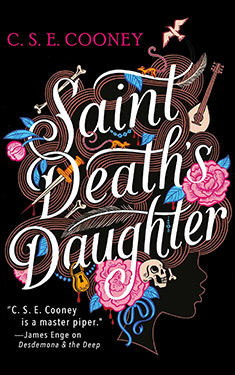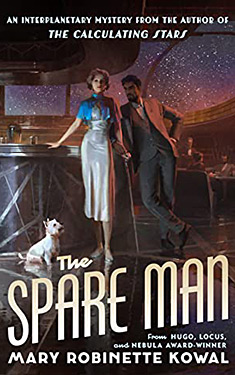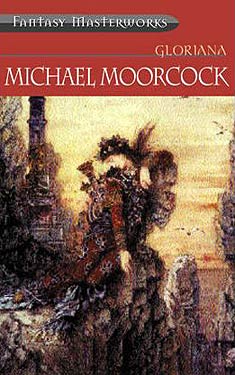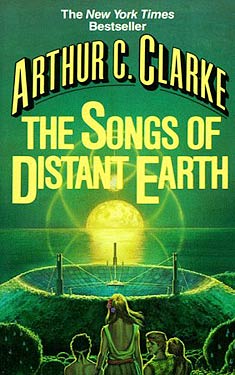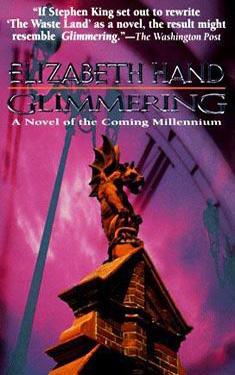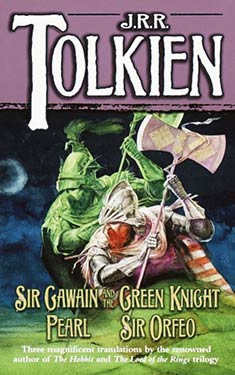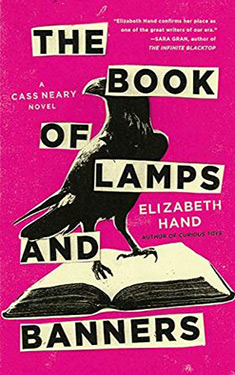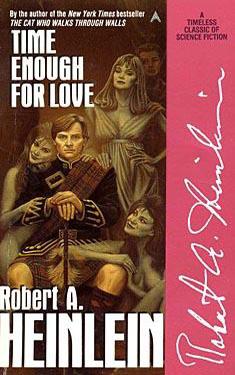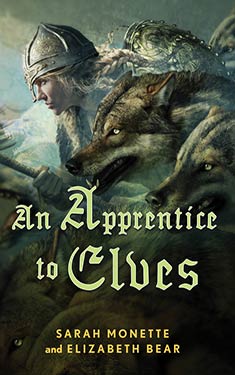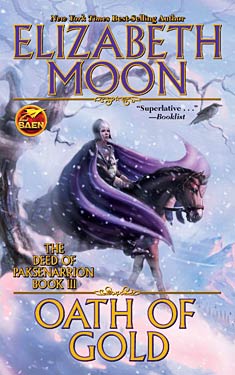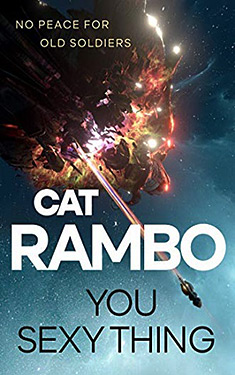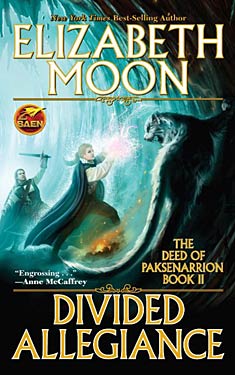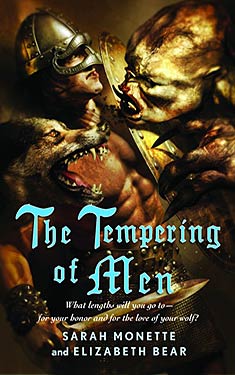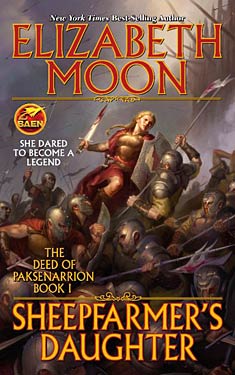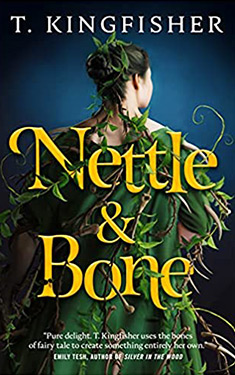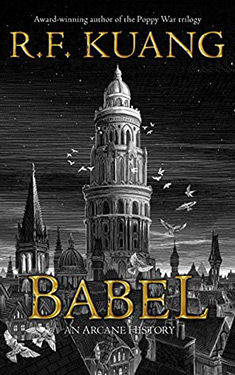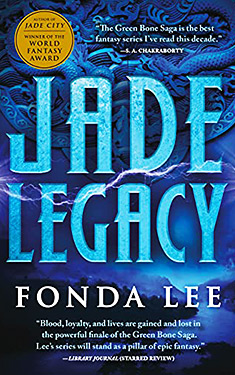C.S.E Cooney
Completed 12/28/2023, Reviewed 12/28/2023
5 stars
This book won the 2023 World Fantasy Award. I was predisposed to not liking it because I read three of the other nominees this year and really loved them. But as I began to read this one, I was pulled in by the immediacy of the plot. Before I knew it, I was chewing through this 700 page tome. I really got into it. It did occasionally feel like it was two or three books in one. However, it worked, and I felt like this was award worthy. I think many people will be overwhelmed by the detail of the magic and the world-building. They may also miss the dark humor sprinkled throughout it. Even I didn’t realize how uncomfortably funny many parts were because the dramatic parts are so dire. In the end, I was glad I read it and got so immersed in this world for five days.
The book begins with Lanie Stones trying to get her not-so-nice older sister back from boarding school to help keep their castle since the passing of their parents. Turns out the parents had many debts and a banking family is coming to demand immediate payment. The Stones family has a long line of necromancers and Lanie is the last living one. The family has also been the executioner and assassin for the Royal family since the founding of the kingdom. The sister decides to come back and take her place as Royal executioner to earn money to pay off the debt. When their plans are thwarted, the Queen offers her a job to assassinate the parliament of a rival nation. This works for a while, but the head of the rival nation, the Rook of Rooks, has other plans.
Lanie is the main character. As necromancer, she controls Goody, and undead servant bound to the family for generations. She also practices her own resurrection skills, learning from the ghost of her dead grandfather, the last necromancer in the family. The problem is, she has an allergy to violence. When someone speaks of violence, she experiences the trauma. When someone near her experiences violence, she feels that as well. It makes being a necromancer difficult and can result in an early death. Lanie is rather pitiful at the beginning of the book. But she learns and grows throughout. Without realizing it, I was rather caught up in her failures and successes, so that by the end, I was devastated by the big twist.
The secondary characters were also very well developed. There was the sister and her shapeshifting husband who turns into a falcon, their daughter Datu, Goody the undead servant who practically raised Lanie, Lanie’s love interest Canon Lir, and two teachers and Havoc the pub owner. As you can see, I don’t remember all the names, as there are so many characters. But they’re easy to remember as they come into the book gradually, not all at once in the beginning. I was impressed that Cooney was able to develop so many secondary characters, although she did have 700 pages to do it in. Sometimes they help, sometimes they hinder, often they add dry, dark humor.
The world building is quite amazing. There are different languages and dialects. There are different nations and continents. Throughout the book and occasionally through the use of footnotes, we learn of the long line of Stones as well as members of the Royal bloodline. The magic system is amazing, with twelve gods all providing different types of magic. Lanie’s patron is the goddess of death, as in the title of the book. There’s even a yoga-like meditation system access the attributes of the different gods. There’s also a lot of use of birds in this system, with the Rook of Rooks heading her parliament of four and twenty wizards, all given the power of different types of birds. It’s amazing that this book started out as a short story, then grew into a book during NaNoWriMo. Later, it was fleshed out into this massive tome. It took Cooney seventeen years from start to finish, and it shows in the diversity and depth of this magical world.
I give the book five stars out of five. I found it quite enthralling and I felt a part of Lanie’s journey. I read this book in five days (vacation days of course), regularly reading deep into the night. I found out later that day that this is the first in a planned series, so the ending made sense. It’s not exactly a cliffhanger, but you do see that Lanie’s work is not done. I don’t know how I feel about delving into another massive tome in this world. I think I have to see how next year goes with my plan to only read books on my massive TBR pile.
